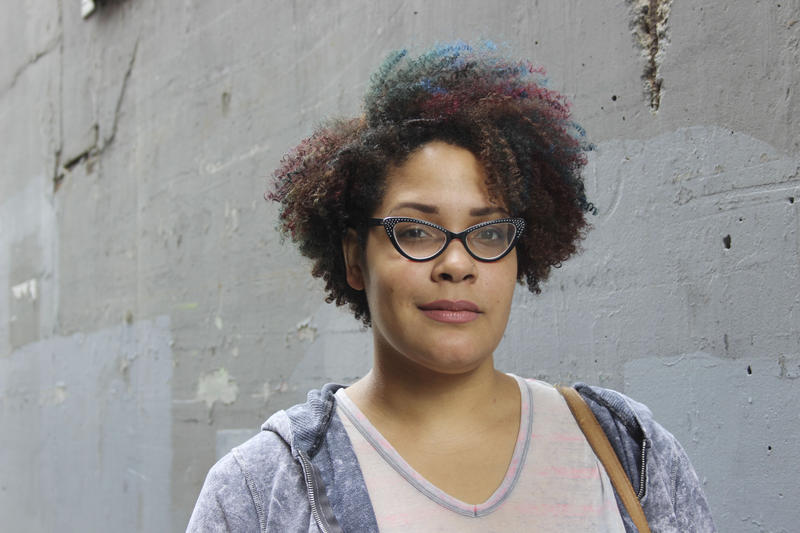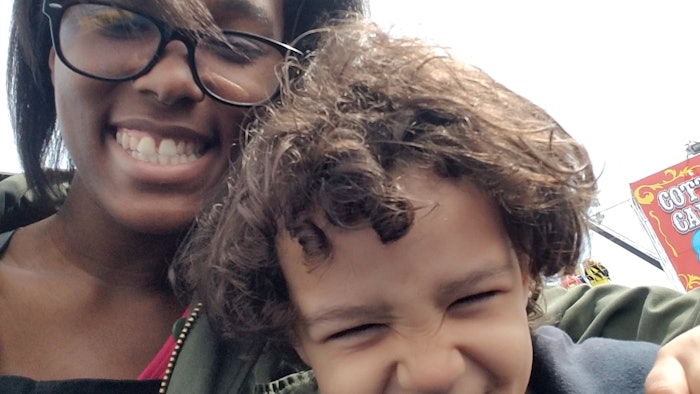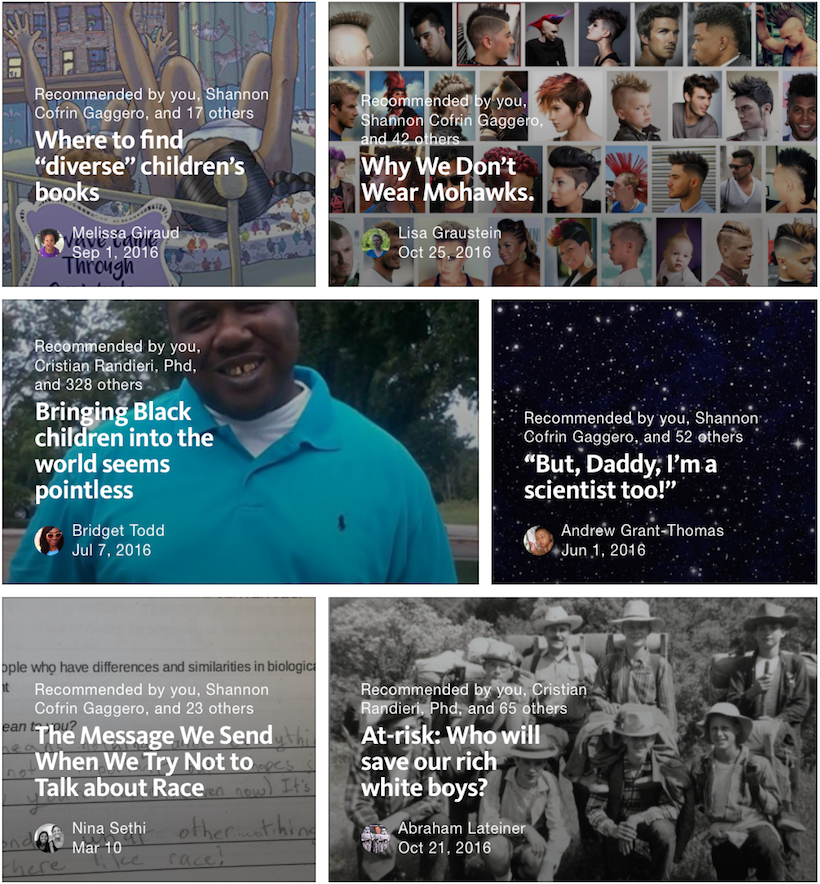CFA: Special Issue of The History of the Family – Mixed Marriage, Interracial Relationships, and Binational Couples from Global and Comparative Perspectives
H-Black-Europe
2017-06-30
Call for papers to special issue in The History of the Family: An International Quarterly
Special issue theme: Mixed Marriage, Interracial Relationships and Binational Couples from Global and Comparative Perspectives
Guest-editors:
Julia Moses
University of Sheffield/University of Gottingen
Julia Woesthoff
DePaul University
Call for Article Proposals
In response to the mass globalization of the twenty-first century and associated migration, a recent boom in social-scientific research has analyzed various manifestations of binational and interracial romantic relationships in the present and recent past. This theme issue seeks to historicize this research by drawing on key case studies from across the world and across time and drawing on relevant historiography and theoretical literature. This call for proposals welcomes both quantitative and qualitative studies that shed light on individual experiences of, as well as various practices of regulating, ‘interracial’, ‘binational’ and ‘mixed marriages’. The issue aims to parse the assumptions behind these contested concepts and to trace how these categories have shifted over time and space. In doing so, it also seeks to chart how intermarriages and other forms of interracial, binational and cross-confessional relationships took shape: who participated in these relationships? How common were they, and in which circumstances were they practiced (or banned)? Contributions investigating relationships involving regions in the Americas, Africa and Asia are particularly welcome.
The papers in this issue chart these relationships over various periods of time. Some papers will focus on the nineteenth and twentieth centuries. This era was a flashpoint for considerations about the relationship between race, culture and family formation. It was during the contested ‘first age of globalization’ at the turn of the twentieth century that new cultural encounters took form, forged through the expansion of European empires, a spike in global economic migration facilitated by new transportation technologies and the rise of mass communication through daily newspapers and the telegraph. At the same time, the growth of anthropology and related social sciences as disciplines contributed to the problematization of race, culture and cultural difference. These encounters came to a head in the First and Second World Wars, which witnessed a new era of nationalism across the world alongside a call to return to the home and family as a safeguard against the uncertainties of a world at war and faced by severe economic fluctuations. How were the perception and practice of intermarriage and other forms of cross-cultural romantic relationships affected by these historical developments? Other papers will focus on earlier periods, including moments of religious reformation and counterreformation as well as various early experiments in trade and imperialism. How did early colonial and commercial encounters shape attitudes towards interracial relationships? How have changing religious conflicts shaped attitudes towards intermarriage across confessional lines?
Ultimately, the theme issue will build on a selection of papers from a panel organized by the co-editors that will take place at the upcoming European Social Science History Conference (Belfast, 2018). Proposals that complement the themes and regions presented in the panel are particularly welcome, and those participating in the theme issue are also very welcome to come along to the ESSHC to join in the discussions there and help shape this joint venture.
Deadline for proposing articles (max 500 word abstracts only): Friday, 29 September 2017 (by e-mail to: j.moses@sheffield.ac.uk and j.woesthoff@depaul.edu).
The acceptance of abstracts will be announced to authors in early December 2017. The proposals selected are to be submitted initially as extended abstracts or working draft papers before Friday, 23 March 2018 so they can be considered together with the papers that will be presented at the ESSHC. Complete drafts (max 10,000 words) should be submitted by Friday, 20 July 2018 to the guest editors. After internal editing and revision by the author, the papers will be sent out for external peer-review via the journal. Please note that inclusion in the theme issue is subject to final external peer review.
We warmly welcome your proposal!
For more information, click here.








